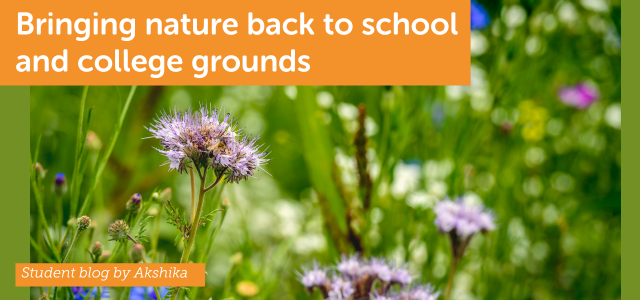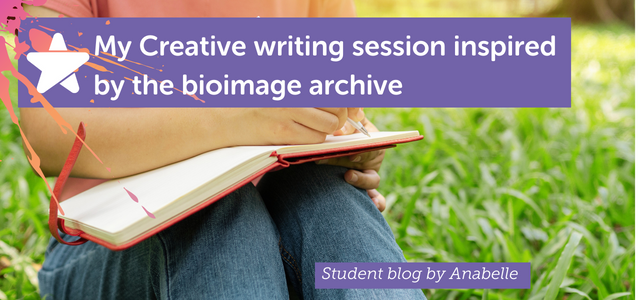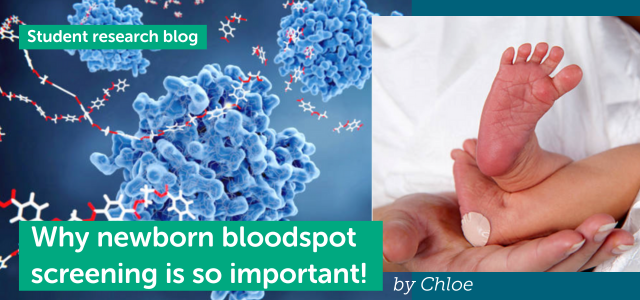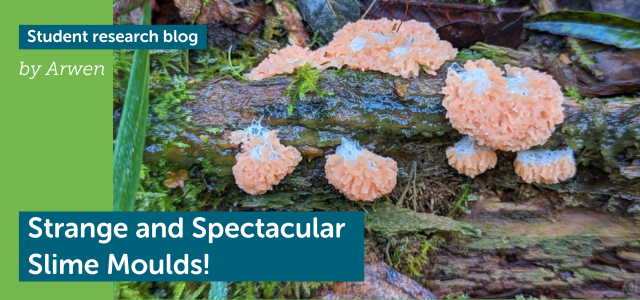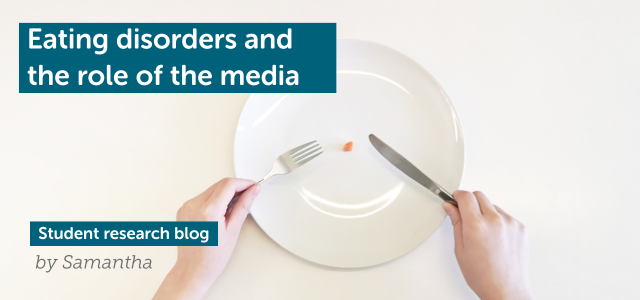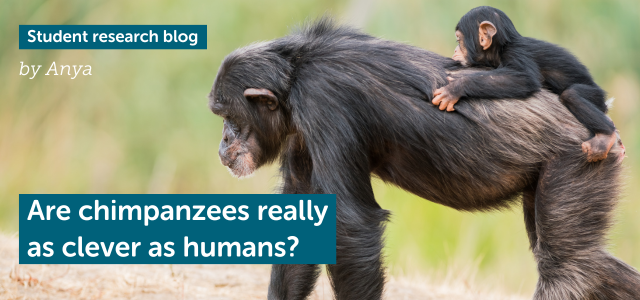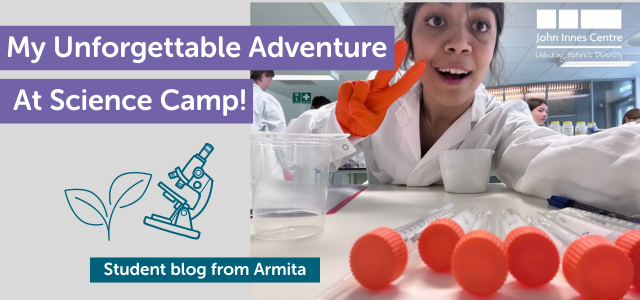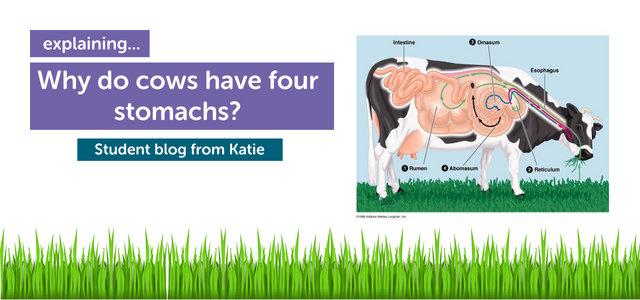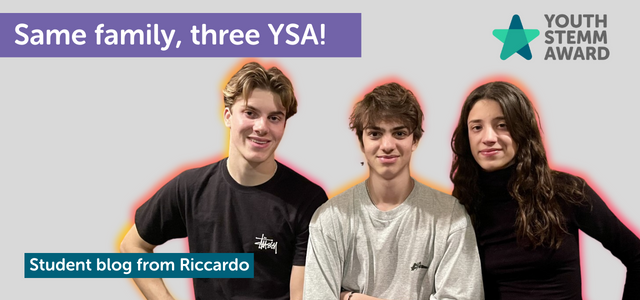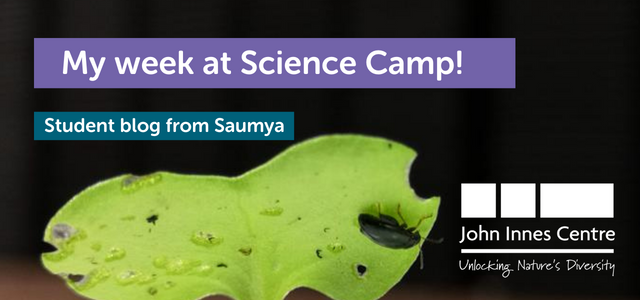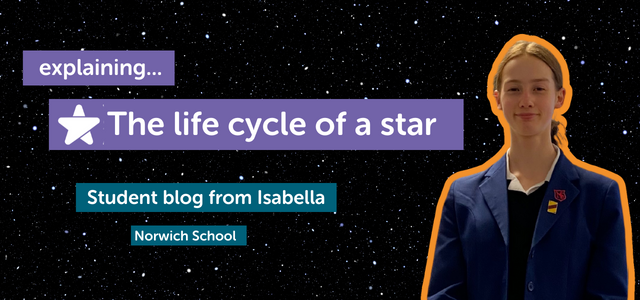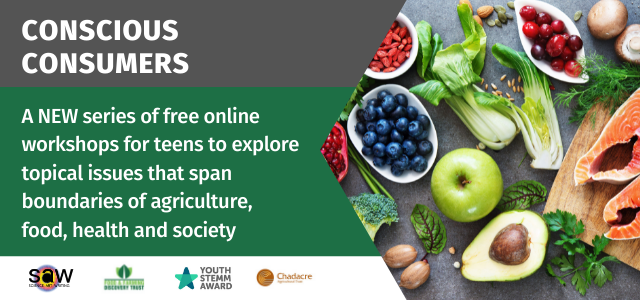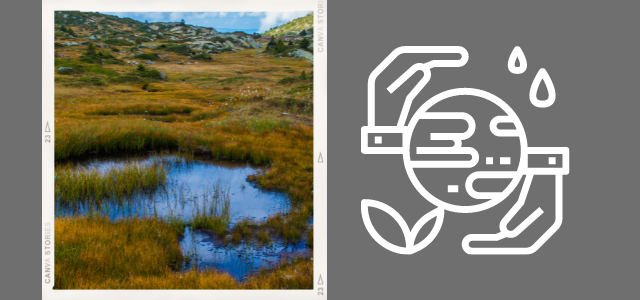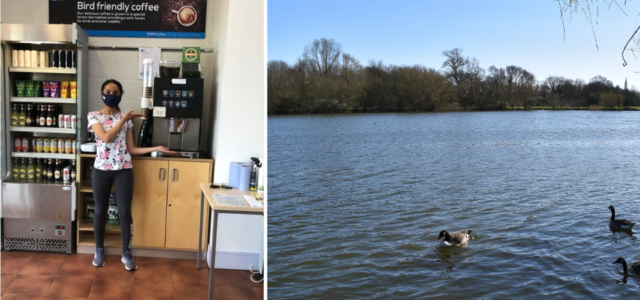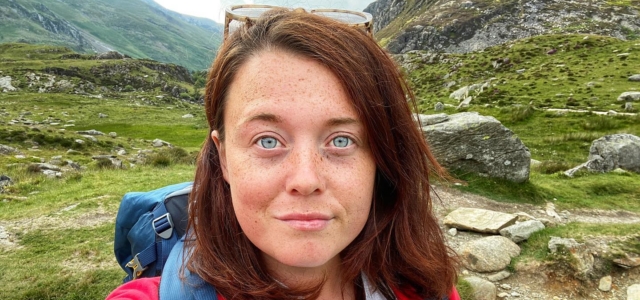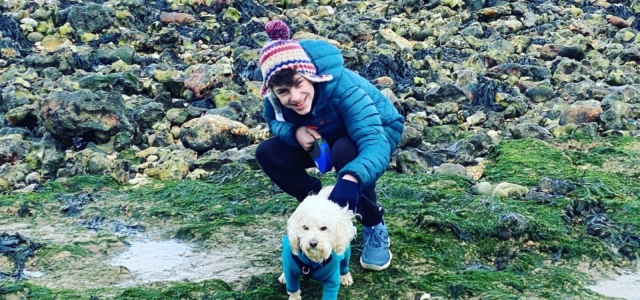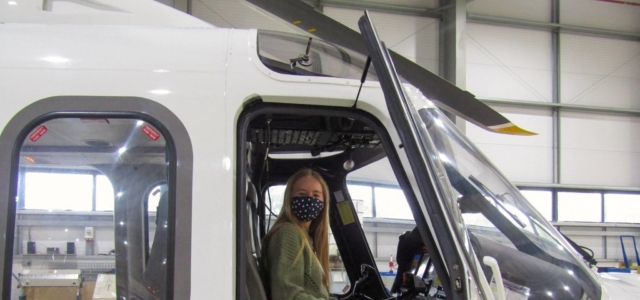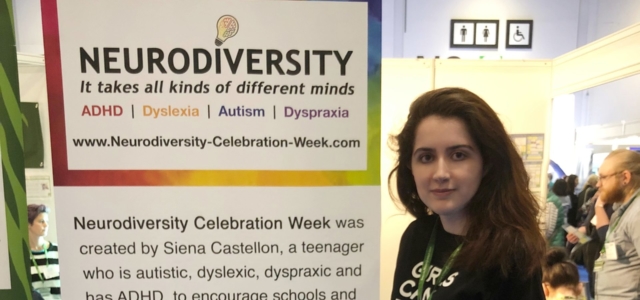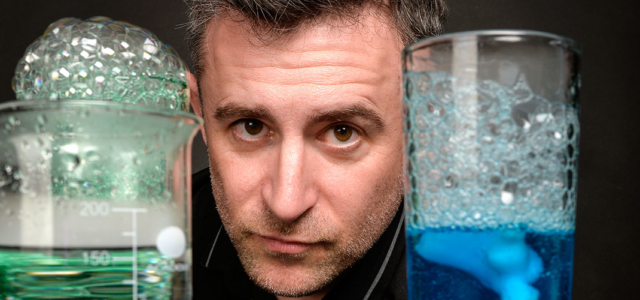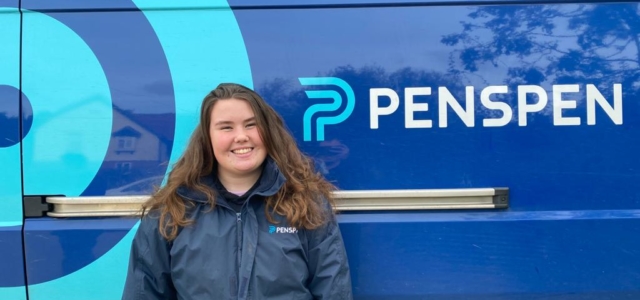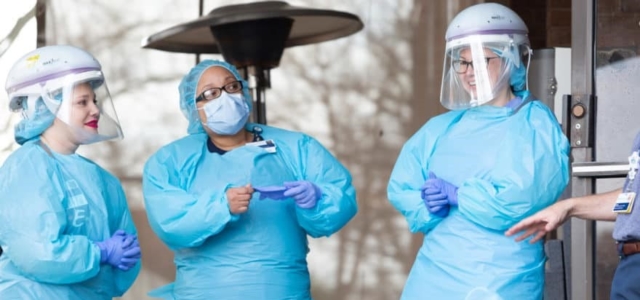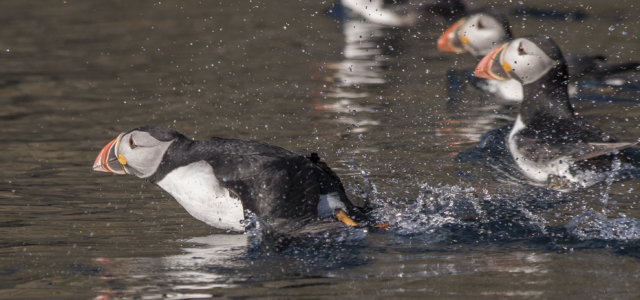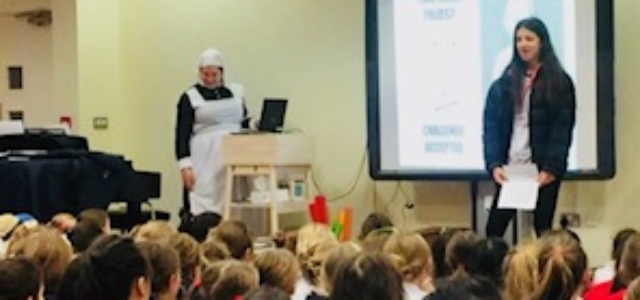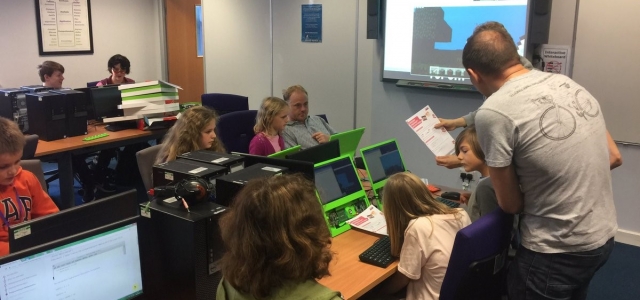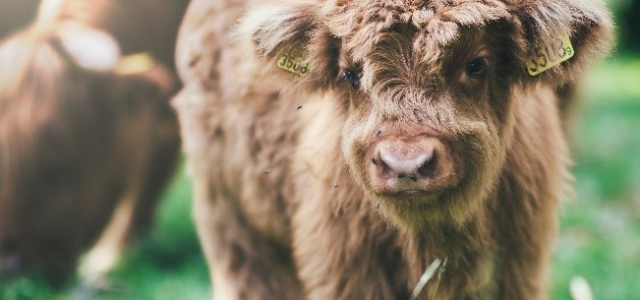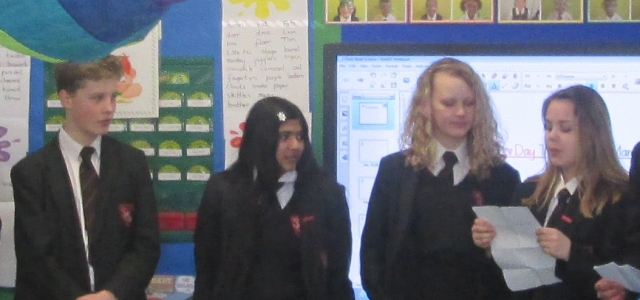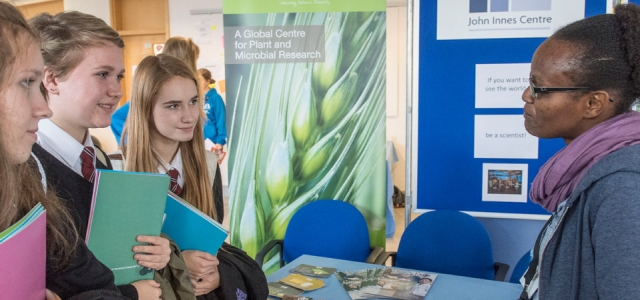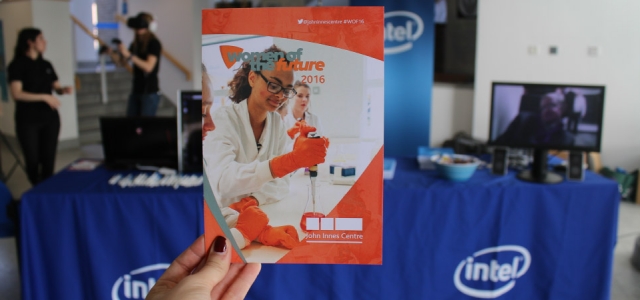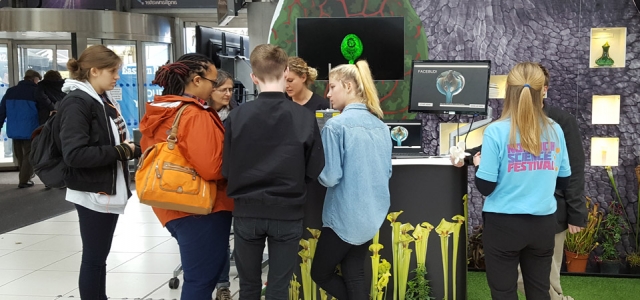Amid growing concerns about environmental degradation and loss of biodiversity, innovative initiatives like the Wilding project at East Norfolk Sixth Form College in Gorleston are paving the way for sustainable solutions in education environments. Read on to hear how Akshika and friends have been supported to make a positive difference by enhancing biodiversity and engage with their natural surroundings.
The Wilding project is a student-led initiative that aims to increase vegetation and “wilding” of 30% of school and college grounds. East Norfolk Sixth Form College has received funding and ongoing support from deputy Principal Dr Simon Fox, Students Organising for Sustainability (SOS-UK), the Norfolk Wildlife Trust, and the Papillon Project for this project. The goal of this project is to enhance the natural habitat and green cover in the area.
Biodiversity, which encompasses all living forms of life such as animals, plants, fungi, and microorganisms like bacteria, is of immense value to scientific research, medicines and drug development, species preservation, and environmental education. By safeguarding endangered species, we can promote genetic diversity within populations, allowing species to survive and evolve beneficial traits over a prolonged period. Furthermore, biodiversity is not only a source of food but also contributes cultural value to human beings through aesthetic enrichment and spiritual practices that connect us with nature.
Unfortunately, we are currently experiencing a significant loss of biodiversity due to factors such as habitat destruction, contamination, pollution, invasive species and climate change. The Wilding project aims to increase biodiversity to support both humans and wildlife, as well as promote learning and well-being in these areas. Our project focuses on developing insect ecosystems, which in turn will encourage other species higher up the food chain to thrive.
After visiting the allotment at college and meeting with Matt Willer, founder of the Papillon Project (1), I learned about sustainable techniques they used to start our allotment such as the lazy bed. The garden bed was made with recycled materials and was curved like a rainbow for both aesthetic reasons and to optimise sunlight for plants. We planted trees for a future hedge and plan to use the allotment for student mindfulness.
Our college signed up to access the Mapping tools via Education Nature Park (2). We mapped many habitat types: microhabitats, hedges and bushes, water, grass and wildflowers etc and I mapped the trees, including the orchard found in our allotment. Mapping our school grounds allows us to identify any habitats already present in our college so we can encourage and promote that growth as much as we can.
At our Onboarding session, we met Katie from SOS (3) and Isabelle Mudge from the Norfolk Wildlife Trust (4) who delivered the session to discuss our findings from the mapping activity. During the planning session, we identified key species that require support such as bats, moths, hedgehogs and swifts, and explored several ways to support them by strengthening our visioning plan. We have produced several exceptional ideas for our Wilding Plan that we are confident will make a positive impact on our environment.
Isabelle Mudge of Norfolk Wildlife Trust delivering a session at the college
For instance, we plan to set up a cost-effective polytunnel that will allow us to sustainably grow tropical plants in the UK. We also discovered bird boxes during our mapping activity and intend to introduce swift boxes to the college. Additionally, we plan to create a living green wall featuring jasmine, blackberries and ivy, which will attract numerous insects and pollinators. Finally, we plan to grow wildflowers and add more features such as benches and a birdbath in the allotment to create a wellness space.
As a member of the Sustainability Student Action Group, I am thrilled to be part of this long-term project, working with various individuals, developing skills and learning new things that would not have been possible otherwise. I would highly recommend other students to get involved in these activities and work together, especially if you are passionate about Sustainability and making a positive change.
Overall, this project is an incredible opportunity for schools and sixth-form colleges to get involved. If you require more information, please do not hesitate to contact the college at ecoschools@eastnorfolk.ac.uk.



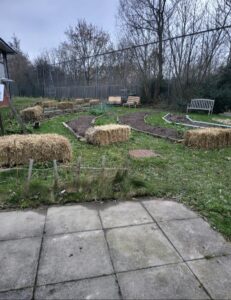
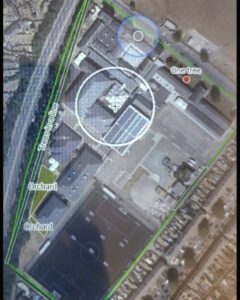

 Akshika is in Year 13 and about to complete her Gold award. She is interested in promoting sustainability, health, equality, and diversity. She aspires to work in medicine.
Akshika is in Year 13 and about to complete her Gold award. She is interested in promoting sustainability, health, equality, and diversity. She aspires to work in medicine.






